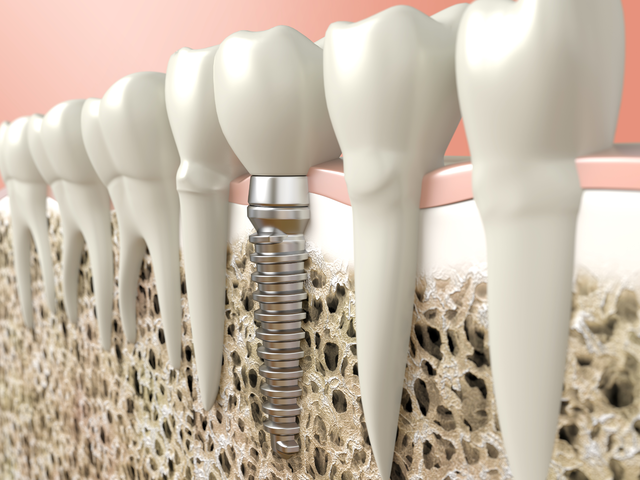

Have you ever experienced a sudden zing in your teeth when you eat something cold or sweet? That’s what we call tooth sensitivity, and it’s quite common. But what causes it? Let’s explore the world of tooth sensitivity together.
First things first, what exactly is sudden teeth sensitivity? Well, it’s when your teeth feel uncomfortable or painful when you eat or drink something hot, cold, sweet, or sour. It’s like your teeth telling you, “Hey, that’s too much for me to handle!”
Now, let’s uncover the reasons behind tooth sensitivity:
Imagine tooth enamel as a protective shield for your teeth. But sometimes, it can get thin due to brushing too hard or grinding your teeth. When the enamel wears away, it exposes the sensitive part of your tooth called dentin.
Your gums are like cozy blankets for your teeth, keeping them safe and warm. But when your gums recede (move back), it leaves your tooth roots exposed. These roots aren’t as tough as the enamel, so they’re more sensitive.
Uh-oh, here comes the villain—tooth decay. When you don’t brush your teeth regularly or munch on too many sugary treats, bacteria attack your teeth, causing decay. If left unchecked, this can lead to sensitivity.
Just like a broken toy, a cracked tooth can cause a lot of discomfort. If you’ve ever bitten into something hard and felt a crack, it’s time to visit the dentist.
The short answer to what foods cause tooth sensitivity is acidic food. Lemons, oranges, and sodas might taste yummy, but they’re not always friendly to your teeth. Acidic foods and drinks can wear away your enamel, making your teeth more sensitive.
Now that we know the foes behind tooth sensitivity, how can we fight back? Here are a few simple remedies and treatments:
Say goodbye to hard-bristled brushes. Opt for a soft-bristled toothbrush and brush gently in circular motions. This way, you’ll clean your teeth without harming your enamel.
There’s a superhero in the toothpaste world: desensitizing toothpaste. It helps block the tiny tubes in your teeth that lead to nerves, reducing teeth sensitivity after whitening over time.
Remember those acidic foods we talked about? Try to limit them in your diet. Instead, munch on tooth-friendly snacks like crunchy veggies and calcium-rich dairy products.
Fluoride is like a shield for your teeth, protecting them from decay and sensitivity. Your dentist might recommend fluoride treatments to strengthen your enamel and reduce sensitivity.
Last but not least, don’t forget to visit your dentist in South Edmonton regularly. They can spot any issues early on and provide the best treatment for your tooth sensitivity.
Tooth sensitivity might seem like a pesky problem, but with the right knowledge and care, you can keep it in check. Remember to brush gently, watch what you eat, and visit your dentist for regular check-ups. So, next time you enjoy a cold scoop of ice cream or sip on a hot cup of cocoa, your teeth will be ready for the adventure—no zings allowed.
At Whitemud Dental Centre, we practice general dentistry near you to help you conquer tooth sensitivity. Our experts identify its causes, suggest home remedies, and further offer personalized clinical treatments, ensuring your smile stays bright and pain-free.
© 2024 – Whitemud Dental Centre | All rights reserved
© 2024 – Whitemud Dental Centre | All rights reserved